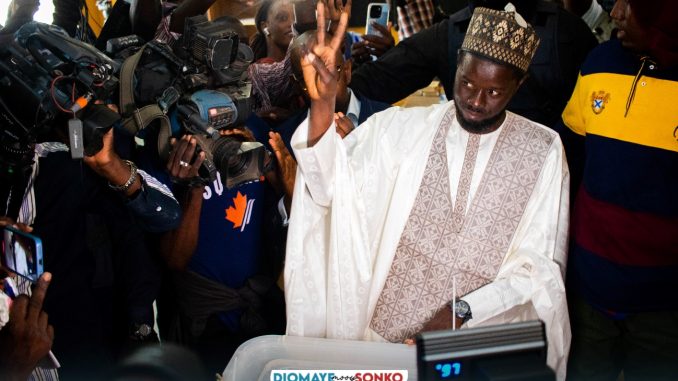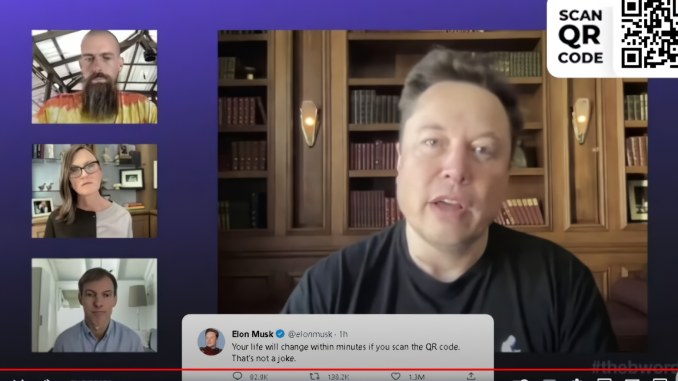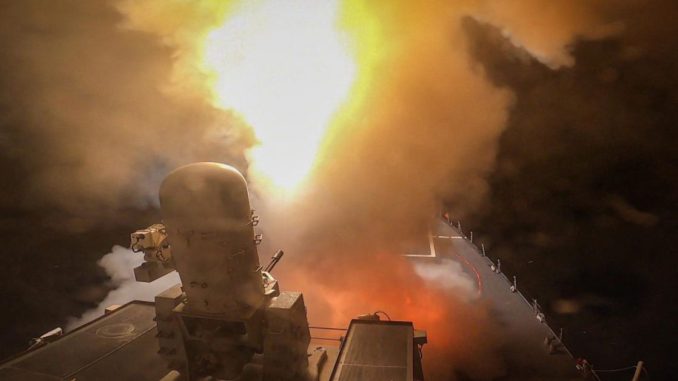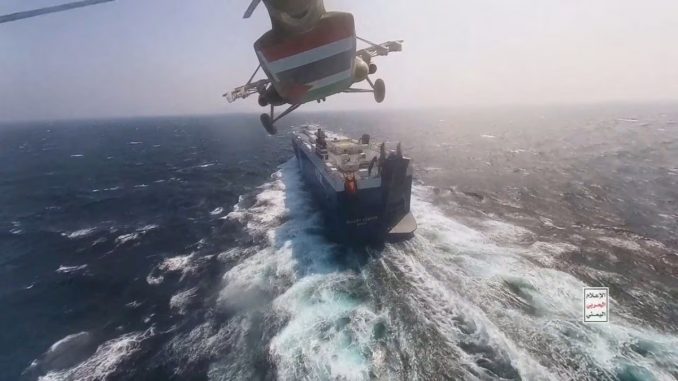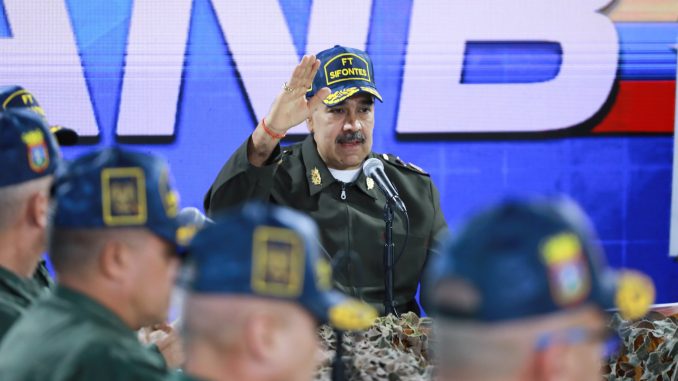Articles on cyber defense, developing conflicts, terrorism or maritime security among others. Quality and current analysis only for subscribers.
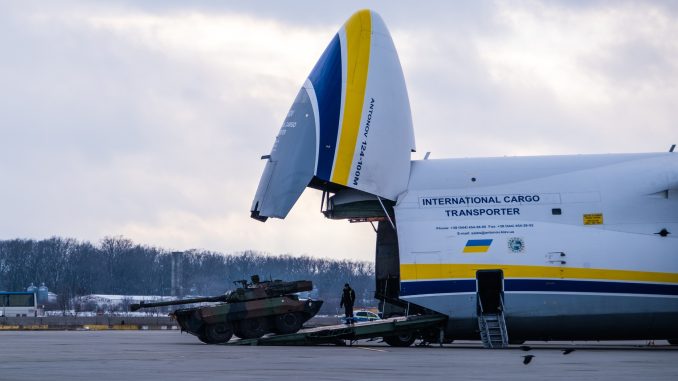
PESCO: the last chance
For the external observer, the Permanent Structured Cooperation (PESCO) is more equivalent to the long list of projects underway than to the 20 binding commitments, considered at the launch of this policy in 2017, as a before and after. At first glance, these 68 projects do not seem to pursue a single objective. Thus, it is worth asking, is the objective of PESCO clear even for those already initiated? In fact, it's not, and that remains the biggest obstacle to its success. At a time when a (second) strategic review of PESCO is being carried out, profound changes are required if it is to right its course. The objective of PESCO? Council Decision 2017/2315 establishing Permanent Structured Defense Cooperation (PESCO) stated that 'A long-term vision for PESCO could be to reach [Keep reading…]

